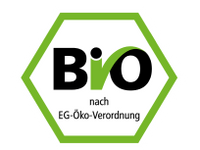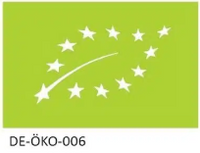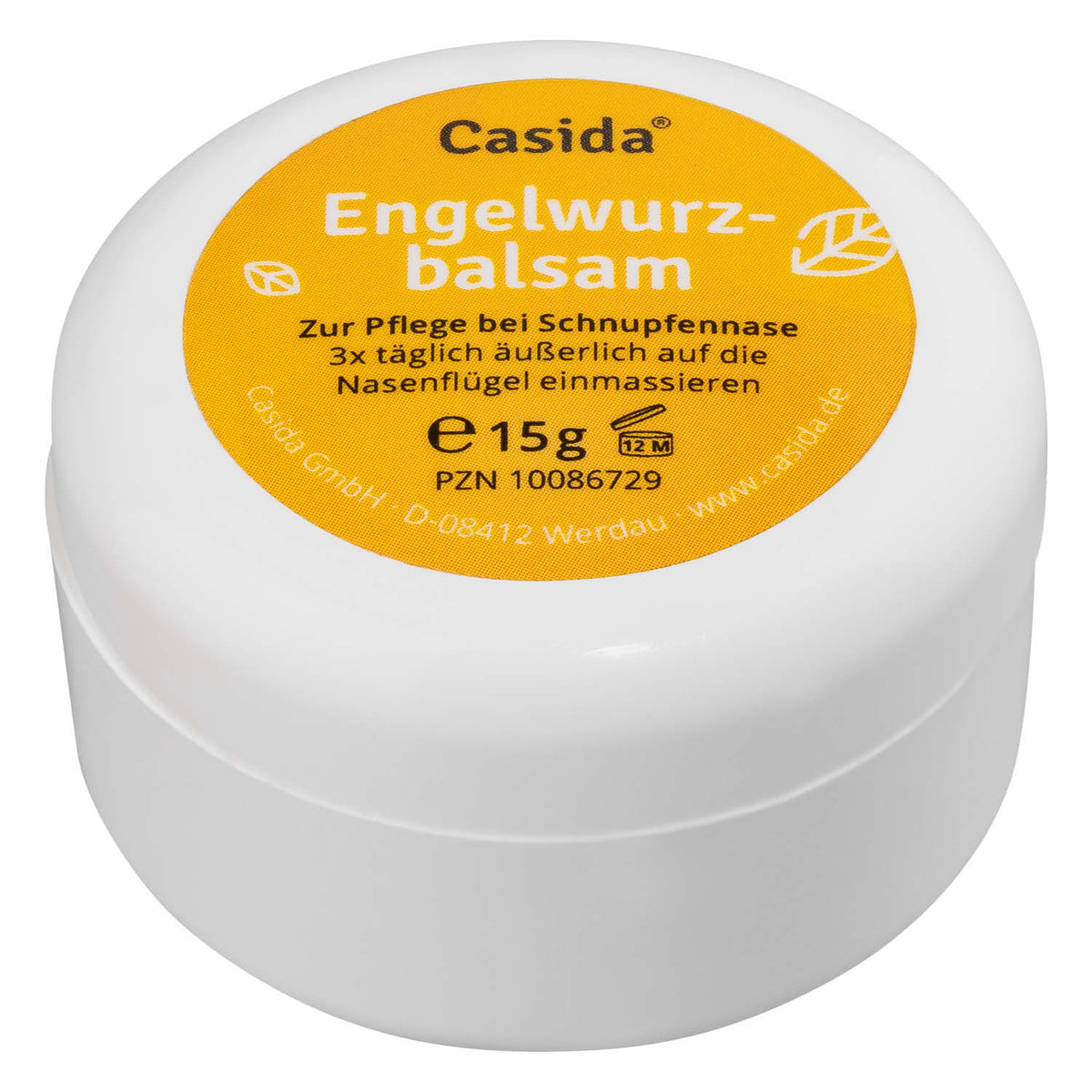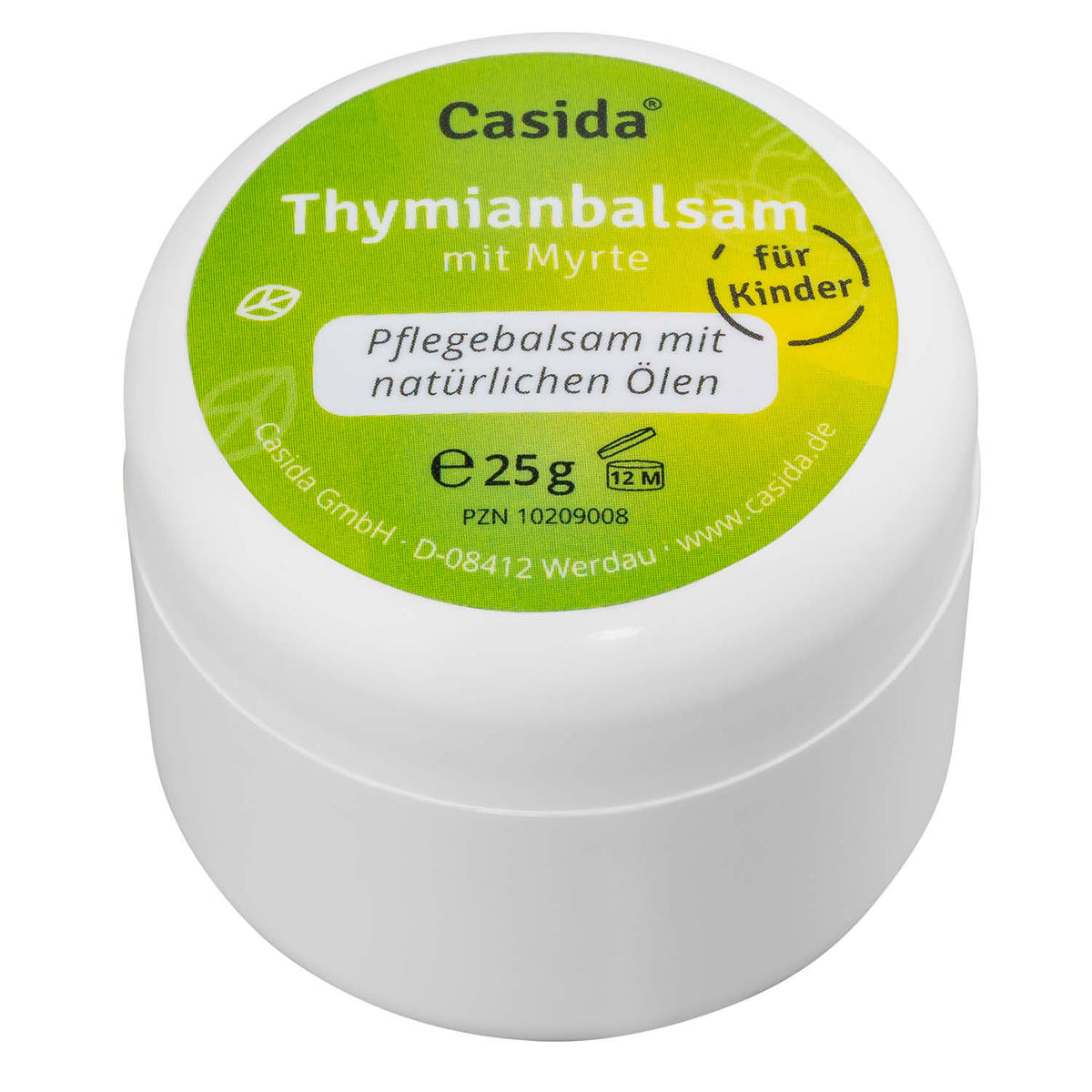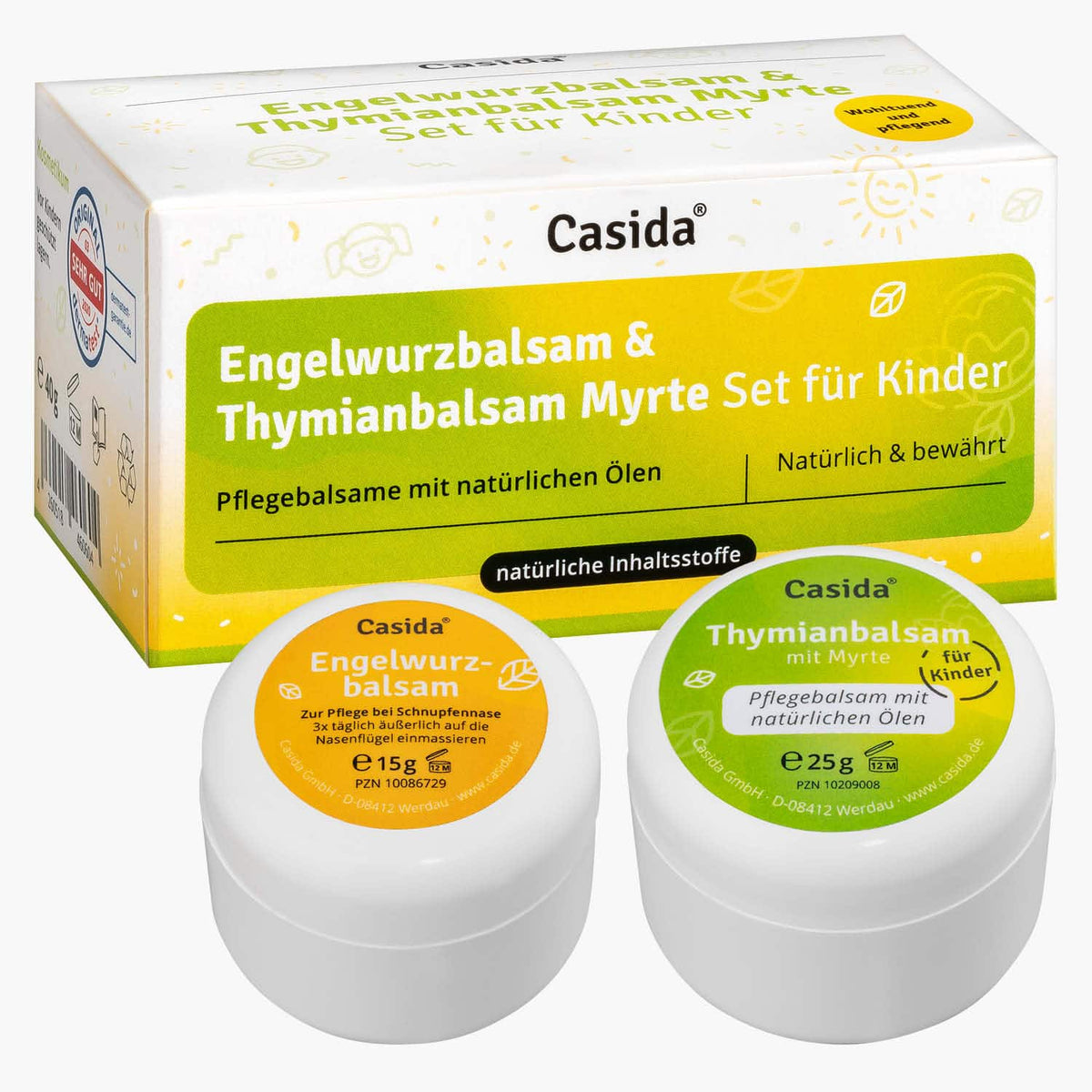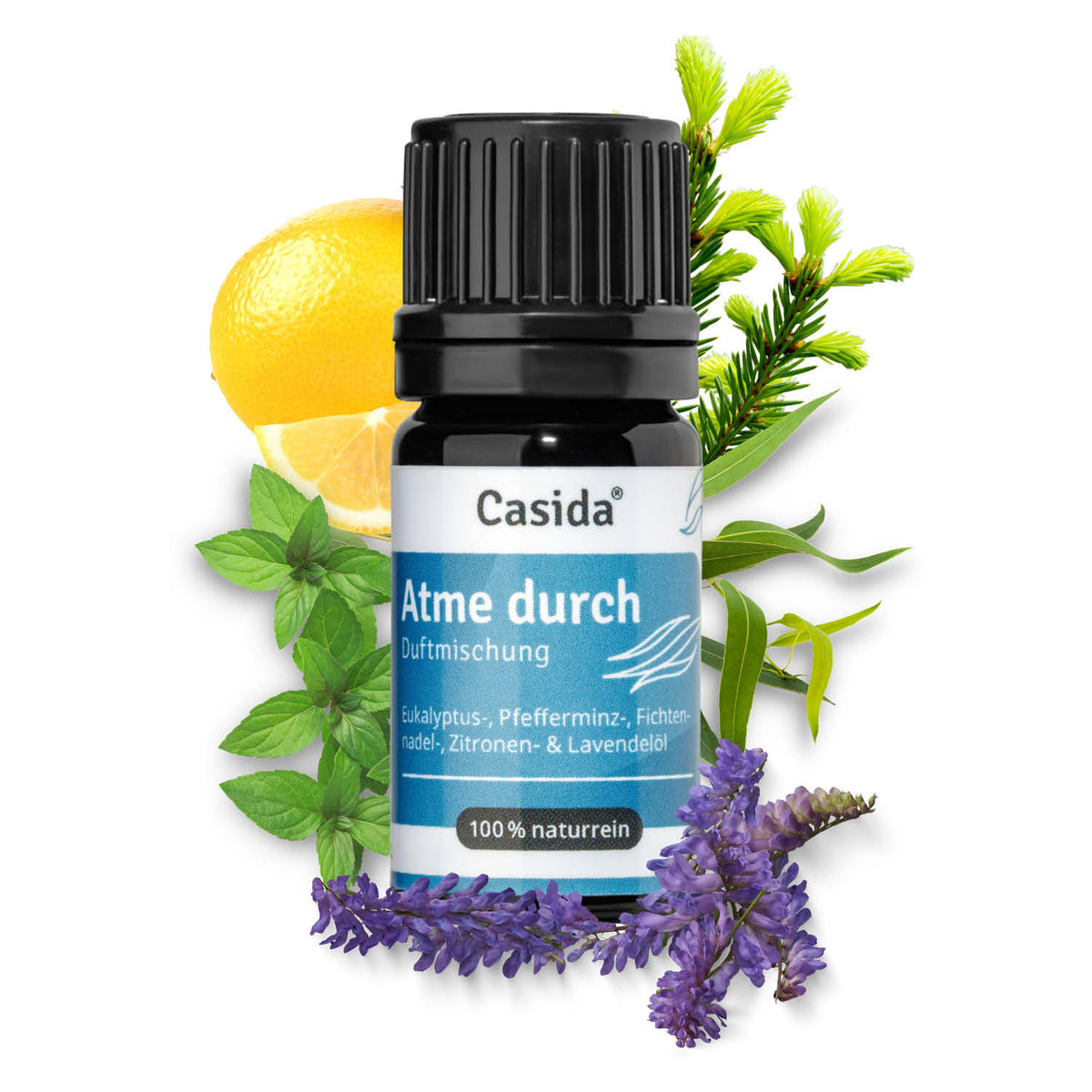A baby's first cold often appears in the first weeks of life. The young body's immune system still needs to develop, which means that a baby cold can break out upon the first contact with cold viruses. The problem with infants is that they can't blow their noses. A tissue is therefore of no help.
Since infants don't yet breathe through their mouths like adults do, a cold is particularly bothersome for babies when drinking and sleeping. Babies breathe through their noses, can't blow their noses, and are usually lying flat, which is why little ones are particularly susceptible to baby colds. To get the problem under control quickly, we explain the most effective natural remedies for baby colds in this article.
Table of contents
What helps with a baby cold?
Normally, a cold is harmless, even in babies, and clears up quickly. However, if a baby cold develops, it can block the airways and trigger an infection. In young children, the connections between the middle ear, nasopharynx, and Eustachian tube are narrow and short. Therefore, a middle ear infection can quickly develop in babies. To prevent such complications, the baby's nose must be cleared quickly. There are these natural methods and home remedies that can achieve quick results:
Angelica Balm
Angelica balm is a natural ointment that is applied externally to the nostrils. The angelica root it contains helps loosen a stubborn baby's cold, while marjoram and thyme have antibacterial and antiviral effects. Angelica balm from Casida relies on gentle and natural ingredients, making it ideal for sensitive runny noses. The balm contains pure, organic plant oils and is free from chemical additives. Casida's angelica balm also contains lanolin, St. John's wort, and fenugreek. Contains beeswax to care for small runny noses.
Saline solution
Rinsing with saline solution is particularly helpful for young infants. The saline solution can thin the secretions and help them drain. It also moistens dry mucous membranes. Saline solutions are available from pharmacies in bottles with dosing pipettes or in disposable pipettes. Saline solution can also be easily made at home. Boil one liter of water and dissolve 9 grams of table salt. Be careful with the ingredients, however, as they must be precisely weighed.
The saline solution is applied by administering 2-3 drops into both nostrils while the baby is lying down. Another option is a nasal douche with a disposable syringe, which administers 2 ml of saline solution into each nostril. It's best to gently and carefully lift the baby's head.
Breast Milk
Breast milk contains antibodies that can also help with a cold. Several anti-inflammatory substances in the milk fight pathogens and reduce swelling in the baby's nasal mucous membranes. To do this, simply drip the breast milk into the baby's nose using a pipette or syringe.
Nasal Aspirator
If you notice that thick secretions are making it difficult for your baby to breathe through their nose, you should remove the mucus yourself using a small nasal aspirator. The nasal aspirator for babies draws out the secretions using slight negative pressure. However, this method is controversial among doctors, as incorrect use could cause damage. Furthermore, the method doesn't work on swollen mucous membranes.
Other Methods
Helpful for any cold and similar complaints, even in babies, are: fresh air, drinking plenty of fluids, steam inhalation, ensuring sufficient humidity in the room, e.g., with humidifiers or aroma diffusers, keeping the head elevated while sleeping, and plenty of rest.
When should I take my baby to the doctor?
If the baby is under 3 months old, a visit to the doctor is advisable even for a cold. Older babies and toddlers, however, do not need to see a doctor as long as they drink enough and don't have a fever. Additional symptoms such as severe breathing difficulties or fever should definitely be consulted by a doctor.
Important note / disclaimer: As pharmacists, we share our pharmaceutical expertise and wealth of naturopathic experience in the Casida guide. An individual diagnosis and consultation are always necessary. Therefore, this offer cannot replace medical advice. This offer is not intended to treat, cure, or prevent any disease. It is not a substitute for medication or other treatments prescribed by a doctor.


